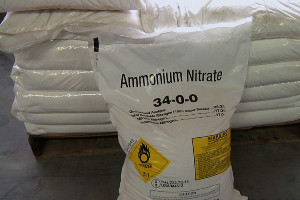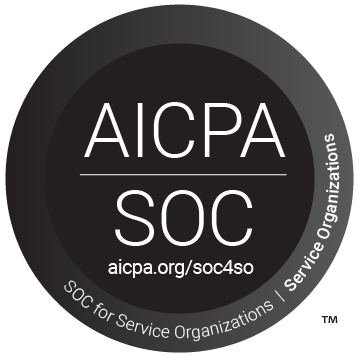Log in
Home
Our Services
Our System
Our Resources
About Us
Signature Training
Contact Us
Mon - Fri: 7:00AM - 5:00PM CST

News Article
October 18, 2018
OSHA Launches Regional Emphasis Program

OSHA has launched a new Regional Emphasis Program (REP) to address the hazards associated with handling anhydrous ammonia and ammonium nitrate. You can expect an inspection any time after January 1, 2019. The REP, issued by OSHA Regions 6 and 7, will apply to all agricultural businesses in Arkansas, Kansas, Louisiana, Missouri, Nebraska, Oklahoma and Texas. If you handle or store fertilizer-grade ammonium nitrate or anhydrous ammonia, and are located in these states, make sure you are prepared for a visit on these topics.
The REP begins with a three-month period of education and prevention outreach to encourage employers to bring their facilities into compliance with OSHA standards. ResponsibleAg can help you prepare for this type of inspection. The annual investment of $150 per facility for ResponsibleAg membership is considerably less than just one OSHA violation. If you aren’t currently a member of ResponsibleAg, we recommend you register today and access the checklist and the comprehensive library of first-class materials written in easy-to-understand layman’s terms. ResponsibleAg includes all the federal regulations that have been found to be applicable to retail agricultural businesses, including the questions OSHA is expected to ask during a REP inspection.
Enforcement activities will begin January 1, 2019 and will run through September 30, 2019. OSHA has announced it plans to review and enforce implementation of the 29 CFR 1910 Standard, including the use of the General Duty Clause as necessary.
Note: Don’t dismiss this REP as something that will not affect your facility simply because you don’t handle anhydrous ammonia or ammonium nitrate. OSHA does not know what products you handle and therefore will be visiting a random selection of all retail agricultural businesses in your state. If the inspectors see a potential violation - unrelated to anhydrous ammonia or ammonium nitrate - they are permitted to investigate further. Likewise, if you do handle these products, and the inspector sees a potential violation considered outside the scope of the REP, again the inspector is permitted to investigate further.

